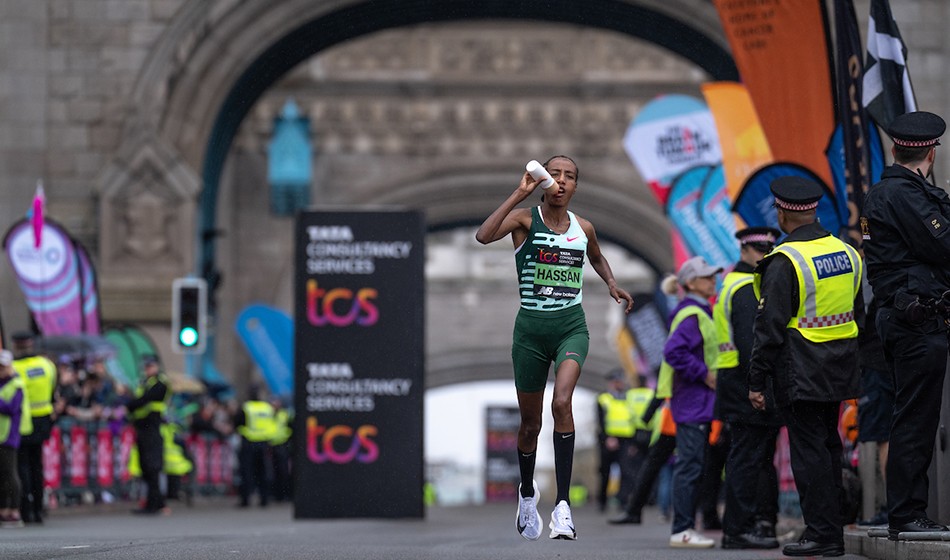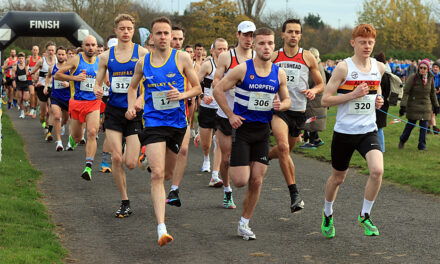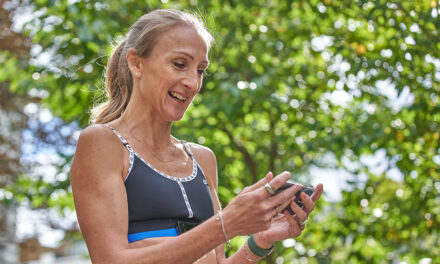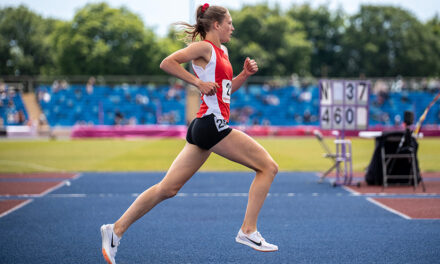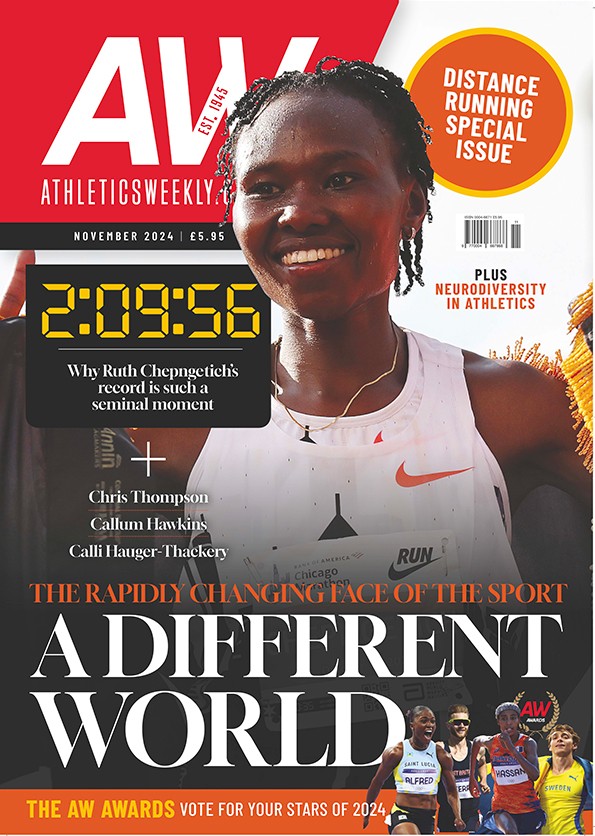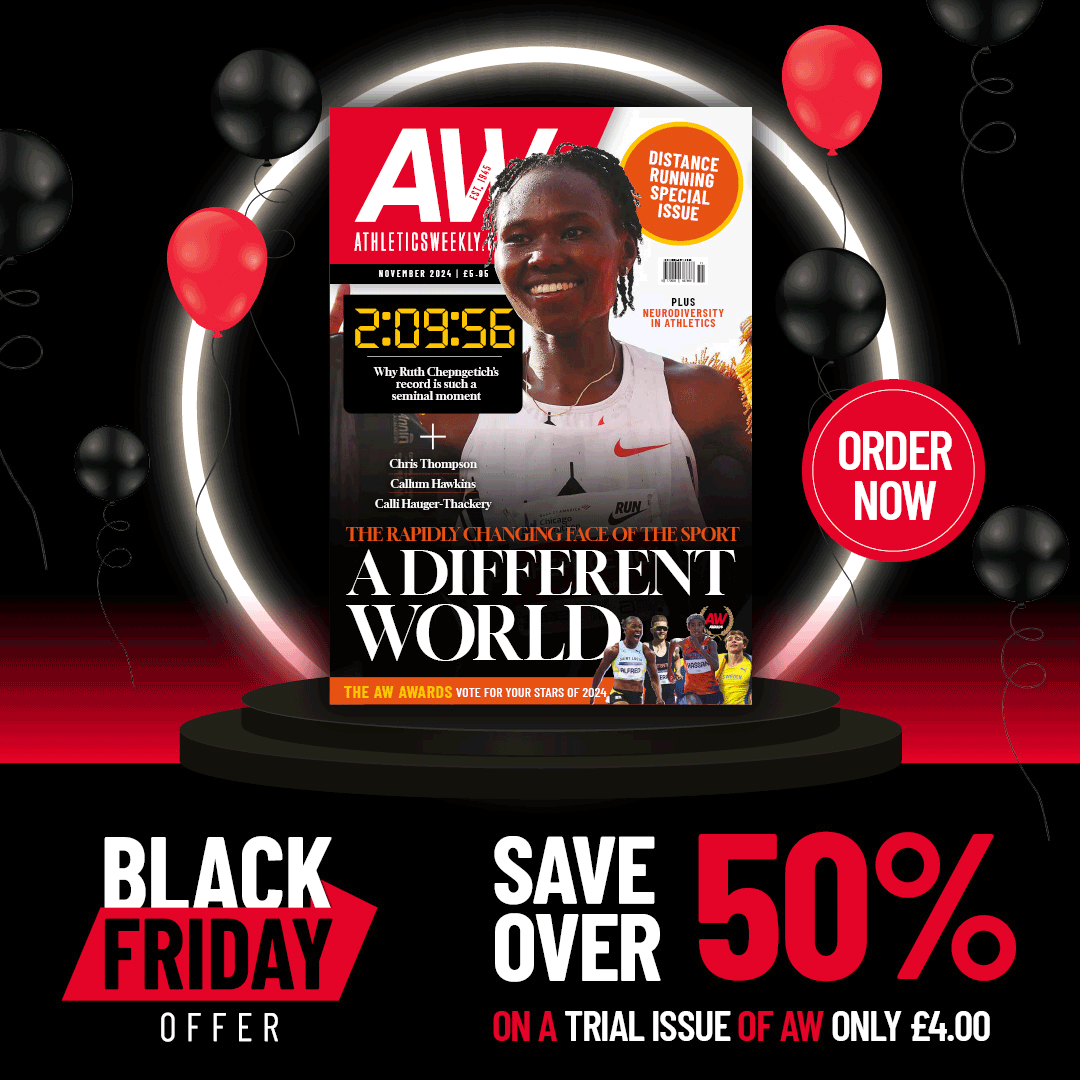Louise Sutton, sport and exercise nutritionist, says that having a plan is vital when it comes to eating and drinking before, during and after long distance races
To ensure a positive race experience and performance outcomes it is good to be taking your race day nutrition seriously. Figuring out a nutrition strategy will likely take some time, and much trial and error. It will be a challenge to consume all the calories you will be burning, so expect to finish in deficit. Your race pace and the terrain may influence this, but having a plan can positively affect your experience and enjoyment of it.
What you eat before the event will be important, too. In the lead up to race day everyone will have their own preferred food and fluid choices. Many runners try to increase carbohydrate in the days prior. It should be helpful to aim to top up your carbohydrate store in the two or three days leading up to the event. You can easily achieve this by tapering your training and including more carbohydrate-rich snacks between your meals. Optimising hydration at this time is also key, and sports drinks could be useful.
The golden rule of race day is to not try anything new. This would be well advised in the lead-up too and may be something to be aware of if you are needing to rely on a restaurant meal the evening before the race.
Alongside normal foods there are a vast array of sports products available as gels, bars, drinks, and gummies, with every runner having their own preferences and items they tolerate better. Although difficult to replicate conditions exactly, aim to practice your race-day nutrition strategy on long training runs.
If your plan is to use aid station nutrition on course be sure you know what they will be offering, and practice using these beforehand to make sure what is offered works for you. Carrying your own fuel sources in race-belts, running vests or lightweight backpacks might work better.

Lee Merrien (Mark Shearman)
On race day if you are running at a slower pace there will likely be the opportunity to consume solid food, such as peanut butter or jam sandwiches, salted pretzels and nuts, energy or granola bars, crackers, rice cakes and breadsticks, fig rolls, fresh, dried, or pureed fruit in pouches, but as with any sport products you may use this will require practice during training, too.
Your pre-race meal should focus on carbohydrate but contain a source of protein to keep hunger at bay, whilst avoiding fatty and fibre-rich foods can help with gut comfort, especially if race day nerves are an issue.
Suitable options could include yoghurt, cereal or porridge with fresh or dried fruit, toast, bagels or rice cakes with jam, honey, peanut butter or marmite. If nerves do take over a liquid meal in the form of a smoothie may be helpful.
During the race plan to start refuelling early, aim for between 30-90g of easily digested carbohydrate every hour after the first 45-60 minutes of running. Salty protein-rich foods like beef jerky or peanuts may help with hydration and encourage the consumption of more fluids. While staying well hydrated should also help avoid troublesome gut symptoms. If you are a salty sweater, be extra vigilant to including salty foods or sodium in your sports nutrition products.

Caffeine may be worth considering, especially in the later stages of the race, due to its potential in increasing tolerance to fatigue and maintaining alertness, however tolerance can be an issue, and this too should be well tried and tested if part of your race plan.
With the elation of completing your event do not neglect your recovery nutrition. Recovery meals and snacks should contain a source of carbohydrate to refuel, some protein for muscle repair and plenty of fluids and electrolytes to replace those lost through sweating.
Optimal recovery extends well beyond the first few minutes and hours after event completion, dig into protein-filled wraps, stir fries, pasta dishes or pizza, topped up with fluids such as sports drinks, fruit juices, flavoured milks or smoothies.
Finally, to perform optimally and plan an effective race-day nutrition strategy consider seeking the support of a registered sport and exercise nutritionist with a specialist interest in ultra distance running.
A list of registered practitioners in a location near you can be found here.
» This article first appeared in the November issue of AW magazine, which you can read here

